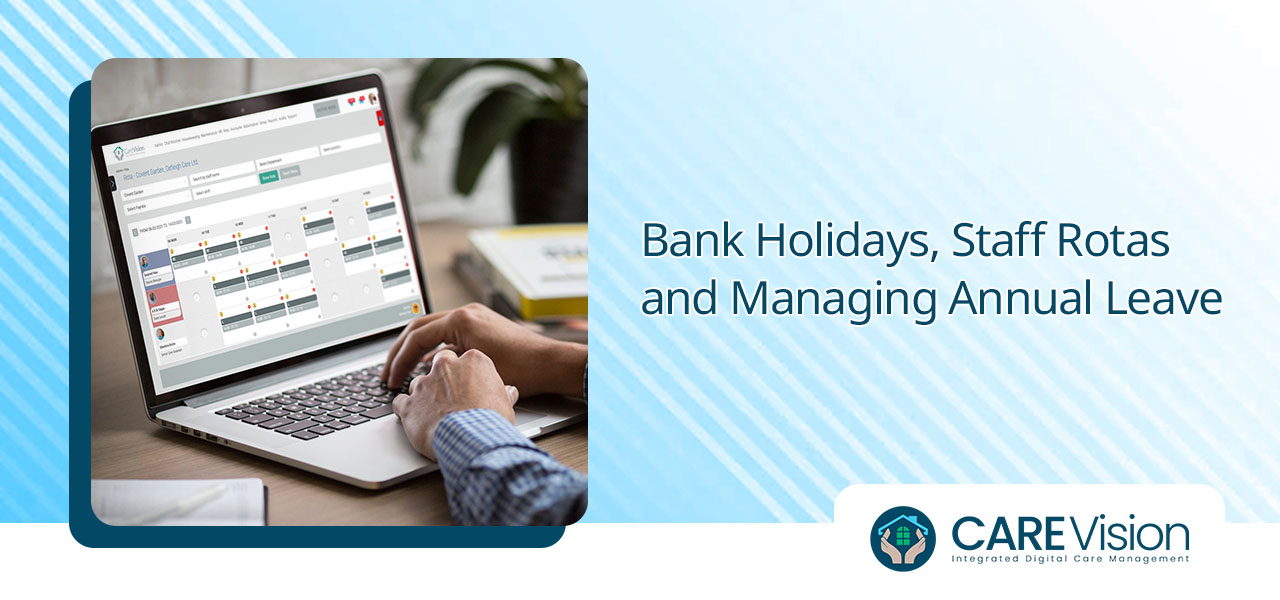Supporting your staff is the most important thing that you can do as a care home manager It means that you can motivate and empower effective staff members – and support and gently guide those who might need a little more help to carry out their tasks. From helping new staff settle in and plugging any training gaps to ensuring payroll is functioning correctly, there are multiple ways for care managers to ensure that their staff are performing as expected – and receiving the correct reward and assistance to thrive in their role.
Good managers keep in constant touch with their employees so that issues can be raised and resolved as quickly as possible. While the vast majority of interactions can be done informally, a highly effective tool for managers to support their teams is the staff appraisal system. This is a chance for you and your staff members to meet and discuss their, performance, progress and aspirations for future career development. Planning a staff appraisal can be made a lot easier by using digital tools. You can gather the data you need from the record-keeping and staff feedback functions, share information quickly with those who need it and keep all meeting notes, personal data and related financial information completely confidential.
What kind of staff appraisals work best?
There are several different types of formal staff, from informal weekly catch-ups to yearly or six-monthly goal setting sessions. You can also have monthly meetings, quarterly reviews and any other time periods you can think of. The best staff appraisal meetings work with just the staff member and their manager present. The staff member must feel able to speak freely and to focus on their own development, strengths and areas needing additional support.
The staff members should be encouraged to take the lead in discussions about how they are doing and what areas they would like to develop. The care home manager can then agree or disagree, explain why and discuss the way forward. This stops the session from becoming too one-sided with the manager telling the staff member what they want them to do. Issues around under performance – or overperformance – should be discussed in detail and proposed solutions put forward. Both parties should leave the meeting feeling positive about the way ahead.
How to plan a staff appraisal
Digital care management software such as Care Vision makes the planning process extremely easy. Meetings can take place in person or over video conferencing or via other means of digital communication. Whichever way you choose, you should find a quiet location where you will not be interrupted or overheard. Use digital care software to communicate dates and times to your staff members and book meeting spaces as necessary.
Everyone present should have plenty of notice in order to prepare what they want to say. So, give lots of warning about the meeting and its contents, and make sure that the date and time chosen works well for all attendees. You can check staff rotas digitally to ensure that you have not selected a date or time when someone needs to go out with a specific resident. For example supporting them on a day trip or providing assistance at an external medical appointment. Make sure you have all the paperwork ready well in advance, including any objectives or goals you both set at the last appraisal. Again, a digital management system is a great place to store all of this information securely until you need it.
What to say – and NOT to say
Keep the meeting as positive and upbeat as you can. Avoid harsh criticisms or snap judgements. Always start with positive messages to get the meeting off to a good start. This could be reading out good feedback from a resident or family member. Or offering praise for anything you have seen them to particularly well. However, you should also talk about areas where improvements could be made. Constructive criticism is vital for everyone to develop and grow in their roles. Deliver this as calmly and objectively as you can, citing evidence as required to back up your observations.
Allow the staff member space to explain and talk about the issues raised, what they feel went well, or badly, and how they might be able to progress in the future. Never share the contents of any other staff members’ appraisal meetings with anyone else. Keep focused on the subject at hand and do not allow your emotions to overshadow the messages you need to convey. If the staff member becomes angry or upset following less positive feedback, try to calm them down. Delay or reschedule the meeting if necessary, so that they can process their feelings and return in a calmer state of mind.






